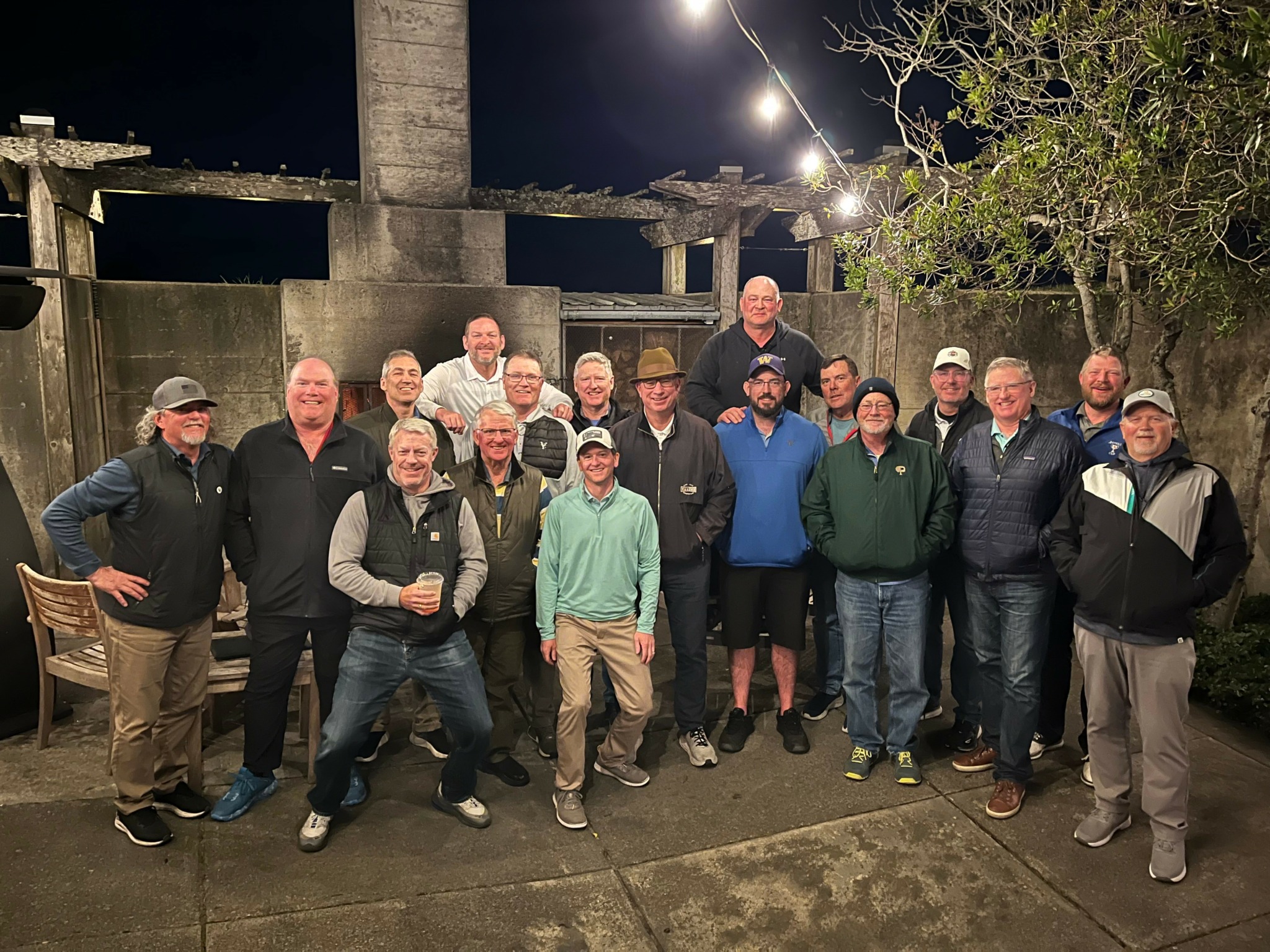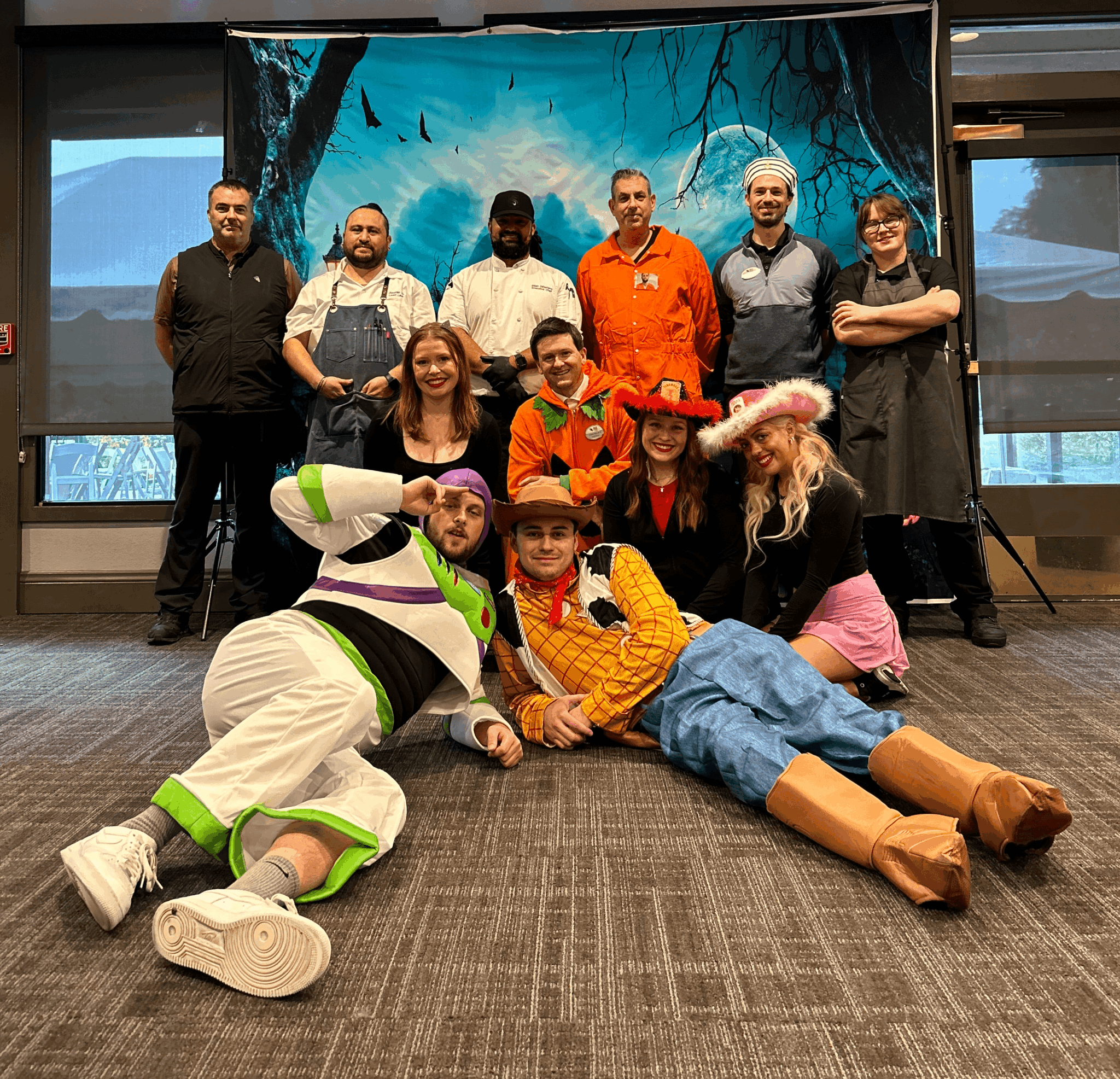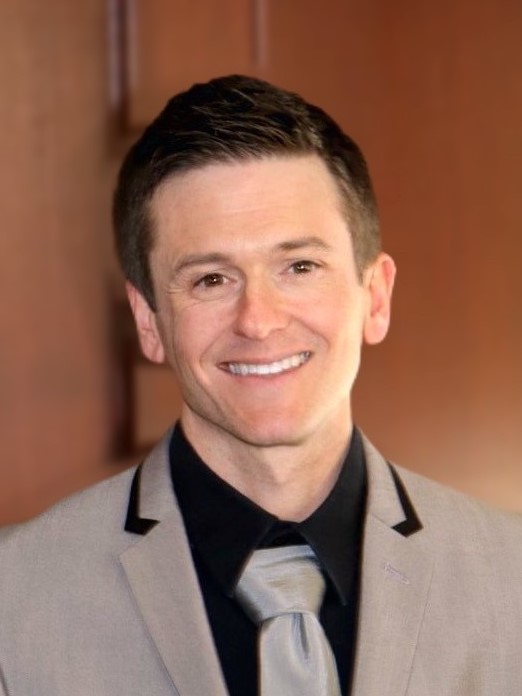We caught up with the brilliant and insightful Chas Holmes a few weeks ago and have shared our conversation below.
Chas, appreciate you joining us today. Let’s kick things off with your mission – what is it and what’s the story behind why it’s your mission?
Our mission at Bear Creek Country Club is simple and that’s on purpose. We want people to remember the mission and be able to understand it without hesitation. It is, “We Deliver Happy”. Our Team went back and forth over several brainstorming sessions to establish this mission and several more sessions collaborating what it means to all of us. It can be summed by by defining what each of these words mean to us within the hospitality industry.
WE – Success isn’t about individual achievements—it’s about how we grow together. Every challenge we overcome, every milestone we hit, and every win we celebrate is a testament to the incredible people on our Team at BCCC. Today and everyday we celebrate our team— the hard work, courage to take on new challenges, and the commitment to Delivering Happy are unmatched.
DELIVER – Hospitality is all about delivering memroable experiences. We try and take it one step further by delivering these memorable experiences in such a way that our club becomes our members lifestyle and they become part of a culture that lasts for generations. Our members are our club… without them we do not exist and there is nothing to Deliver.
HAPPY – It is safe to say that everyone enjoys being happy more than they do being sad. Private club members often use clubs as their third place or their home away from home. We want to be that for our members and we want them to be happy in that place.
We have accomplished our mission when people leave with a smile and we improved their lives in some way.
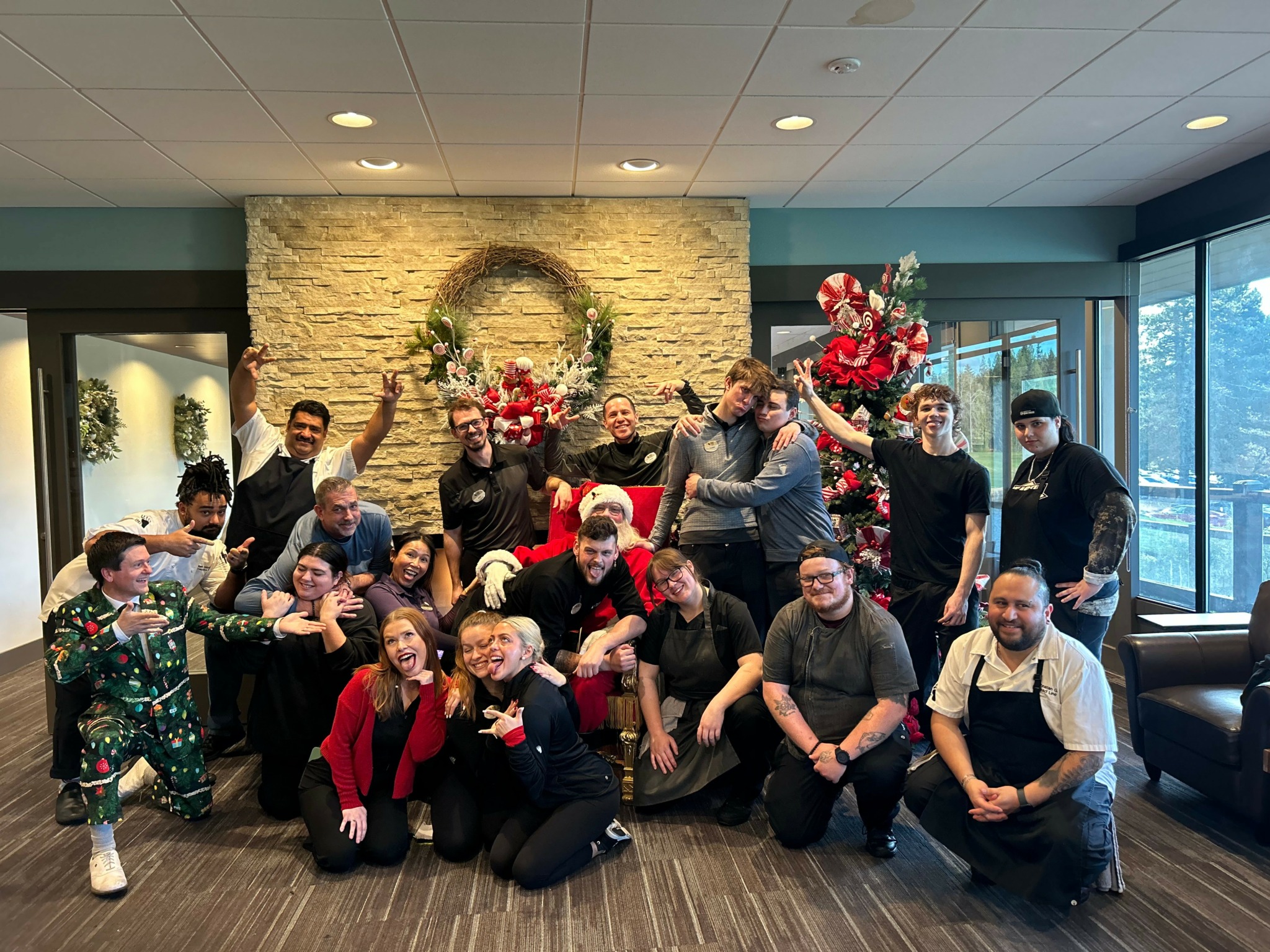
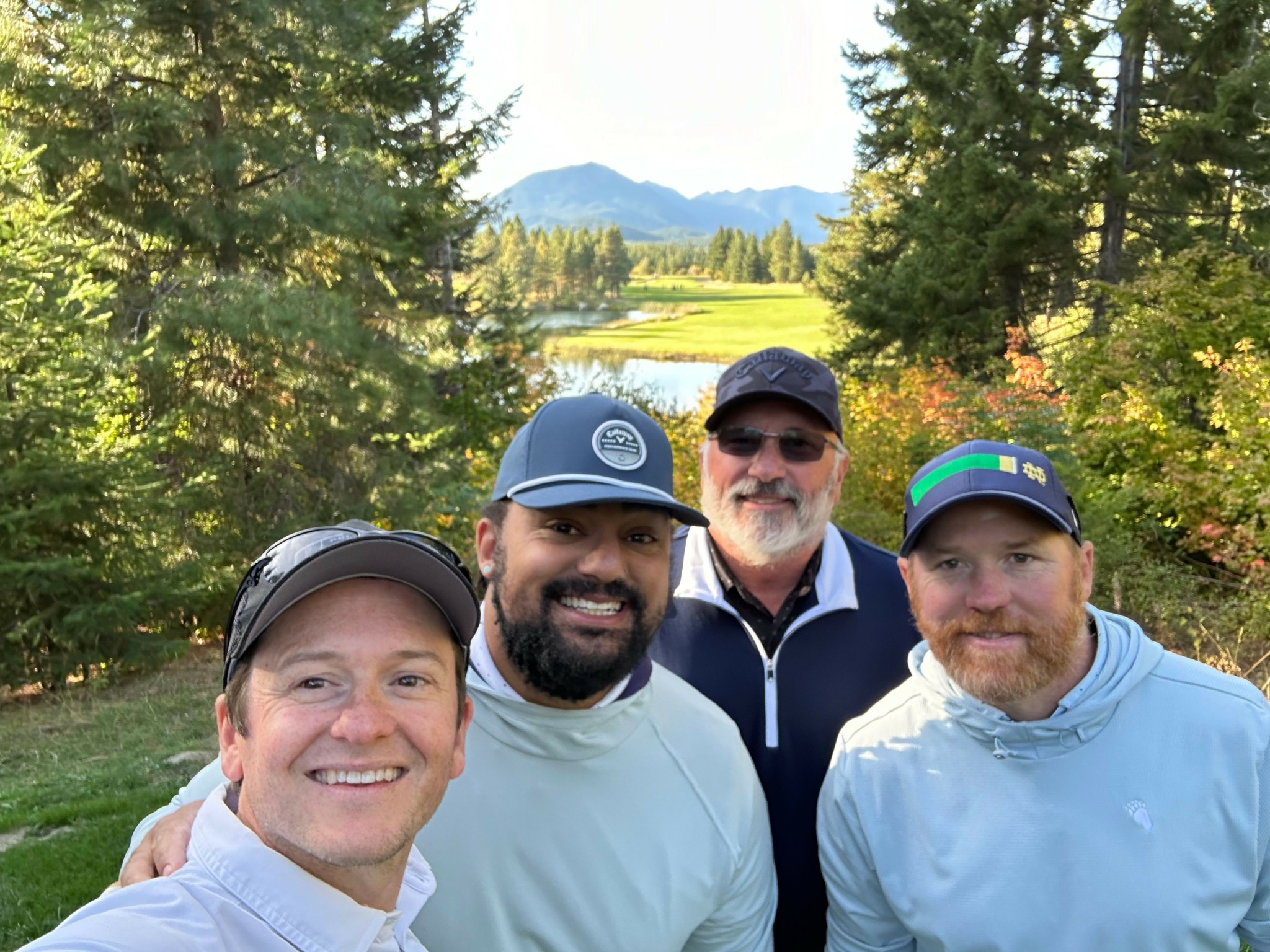
Chas, before we move on to more of these sorts of questions, can you take some time to bring our readers up to speed on you and what you do?
I am a servant leader fortunate to be a blessed father of three, husband of one, friend to many, enemy to none, Mentor to some, and listener to all. My life is full yet balanced and I’m humbled everyday with the opportunities I’ve been given.
I have lived most of my life in the greater Seattle, Washington area. I grew up enjoying Pacific Northwest outdoor activities such as camping, hiking, fishing and all sports. It was obvious from a young age that golf would be my true passion among my hobbies. I began playing at the age of 3 on a par three course that my grandparents lived on. My grandfather cut clubs to my size and by age 4 I made my first par by hitting driver 80 yards onto the green and 2 putting! Skipping forward a bit, I graduated from Seattle University and later began my career in the Club Industry as a Golf Professional in 2013. My mentors and colleagues encouraged me to move into General Management/COO as my leadership style and personality fit this role well. I took their advice and began training through the Club Manager Association of America in 2018 receiving my CCM certification in 2024.
It is my expectation to exceed expectations daily and I always look forward to working with engaged teams to accomplish that. Life, much like the private club industry, is full of extraordinary gifts and challenges. My teams understand and embrace that to create life long memories for our members and guests.
I enjoy governance and serving the Associations that have given so much for me in my career in the Professional Golfers’ Association (PGA) of America and the Club Managers Association of America (CMAA). I’ve served many roles at the local, sectional, and national levels. Serving my fellow Association members gives me great pride just as serving my club members.
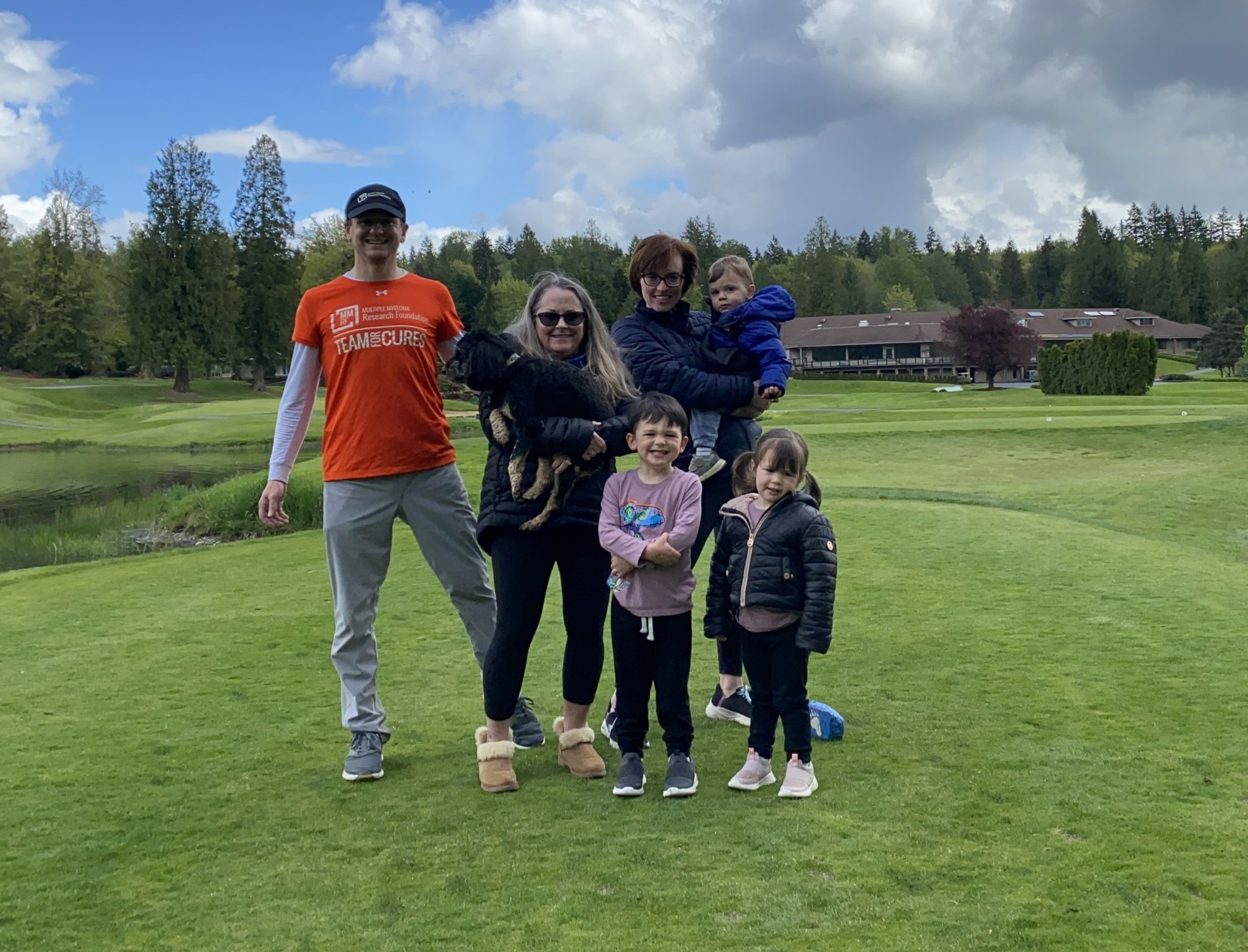
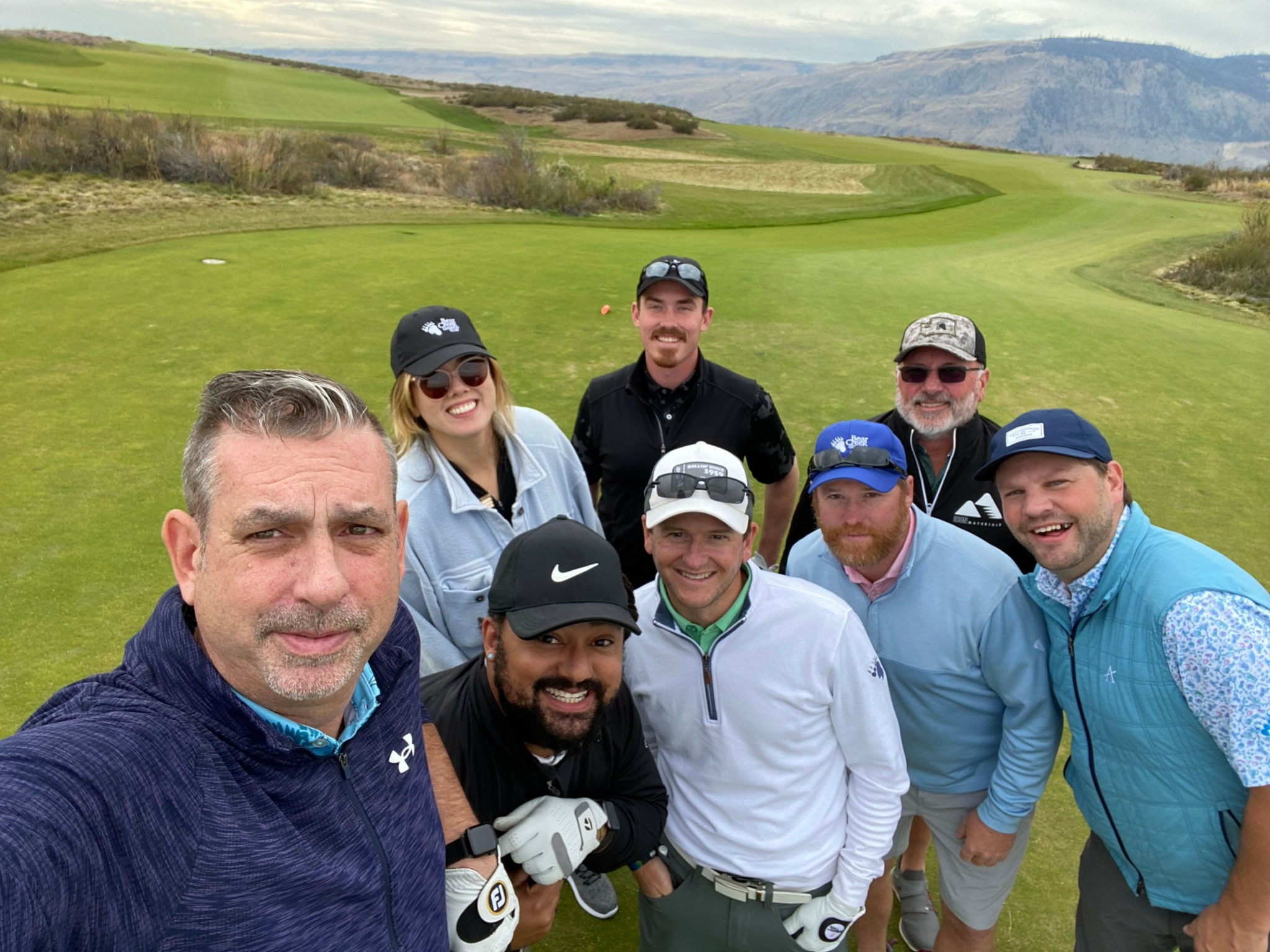
How do you keep your team’s morale high?
Maintaining high morale is all about leading to inspire. This takes much more work and thought than simply managing people but with inspiration comes increased retention and increased morale. True leaders create a spark in others that makes them want to give there best not because they have to but because they believe in the mission of the business and they believe in you, their leader.
Start with integrity – People can smell fake from a mile away. Being real—open about your own challenges, excited about wins, and consistent in your values—makes you trustworthy. Inspired teams follow leaders who are human and that they feel a connection to, not just a robot that never shows emotion.
Leaders must make sure their team knows why their work matters and why they are doing what they are doing. This will fuel them to problem solve on their own and be more autonomous, allowing the leaders to continue inspiring others.
Give your team room to grow, take risks, and make decisions will produce higher morale as well. You can shift the spotlight and celebrate their wins. When people feel ownership, they show up fully and enjoy their work.
Finally, The strongest inspirers are those who show action. Show the work ethic, attitude, and commitment you want from others. It speaks louder than any pep talk.
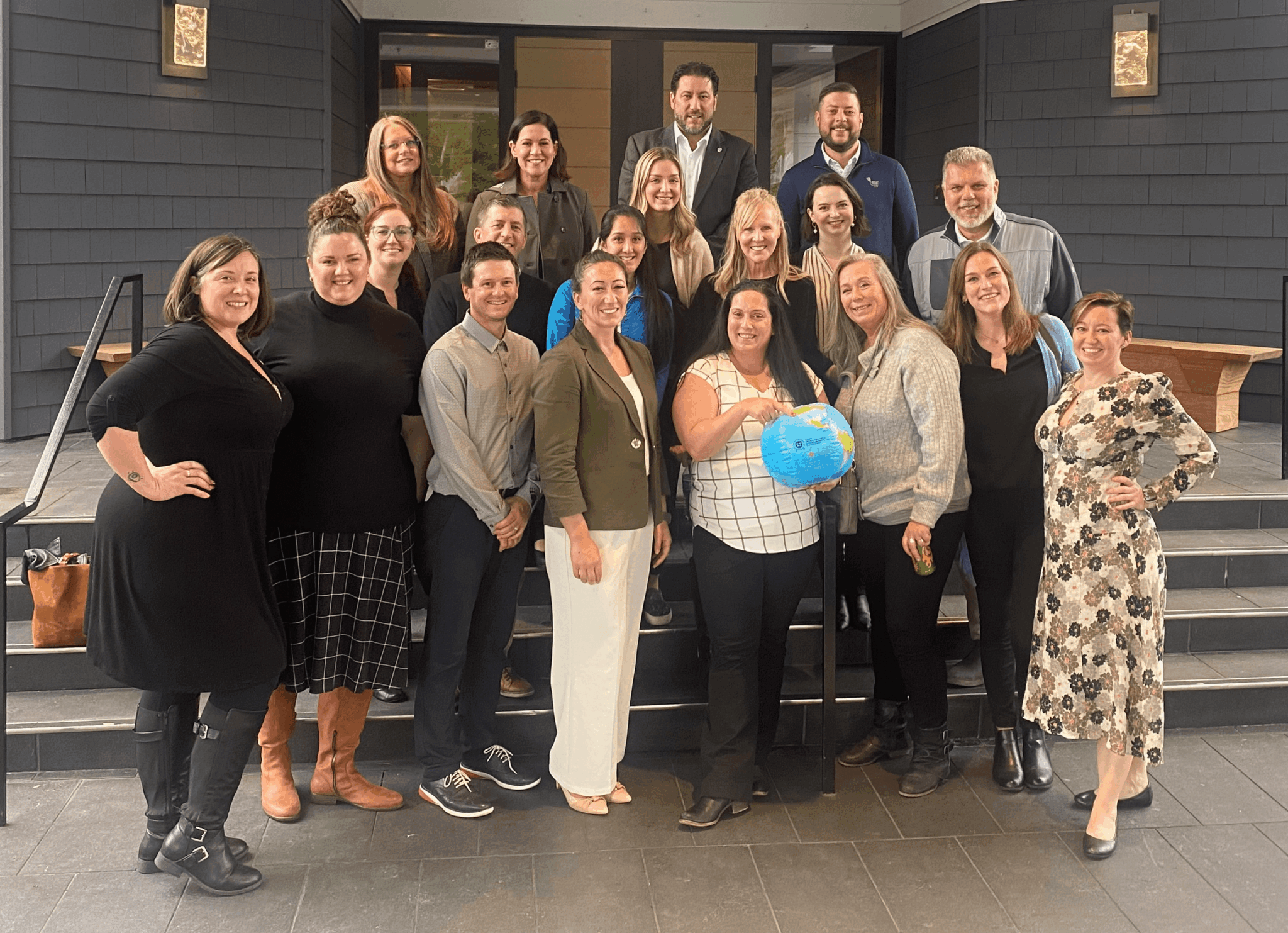
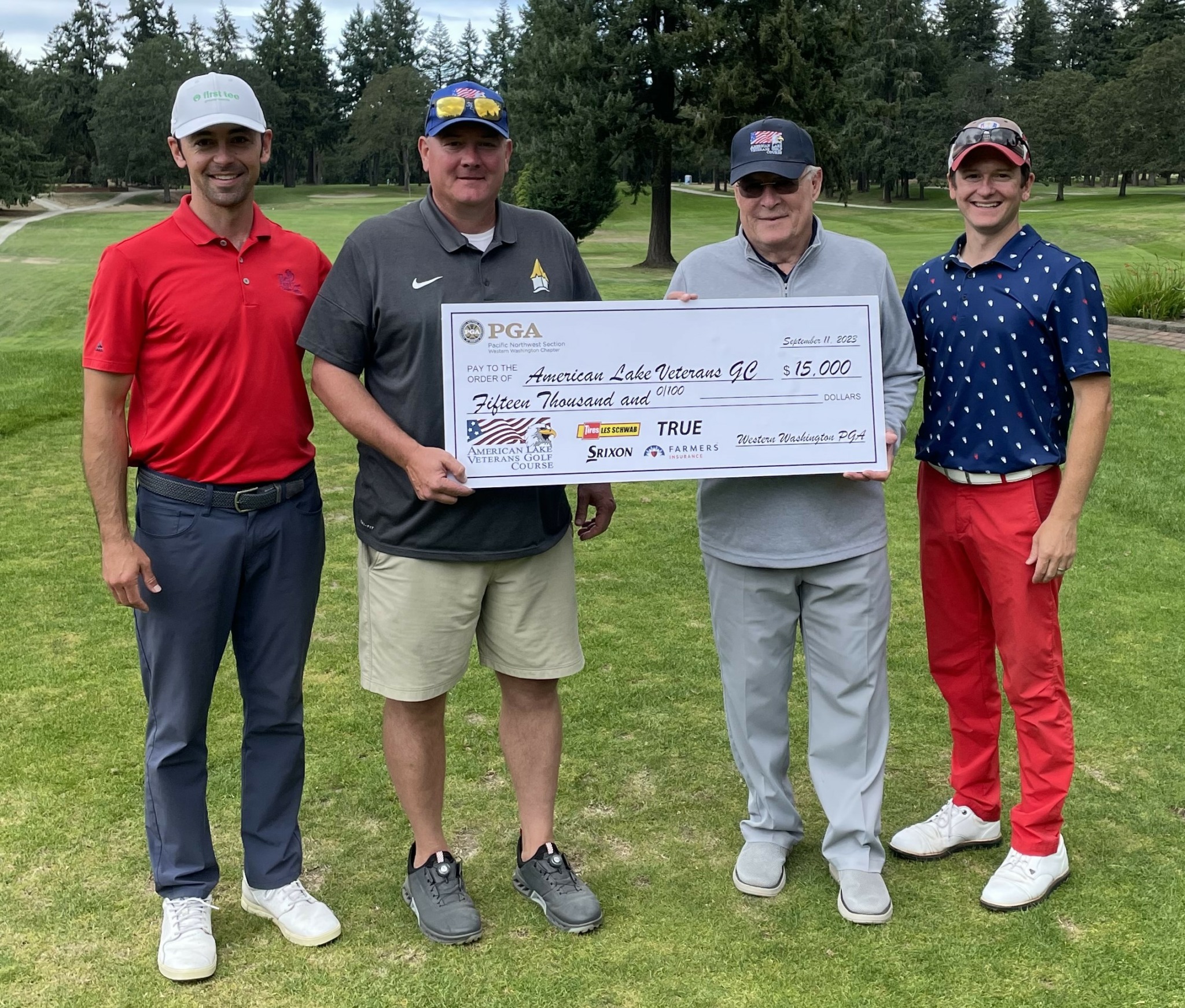
Have any books or other resources had a big impact on you?
Extreme Ownership – What I like about this book is the mindset shift that it provides to the concept of leadership. It can and has helped even some of the most successful business owners become better leaders, boost morale, and increase profits in ther companies.
It is written by two Navy SEALs, Jocko Willink and Leif Babin and is about their approach to leadership, which they call Extreme Ownership. The basic idea is that leaders are responsible for everything that is in or somehow impacts their world. It’s easy to assign blame to outside circumstances or other people (subordinates, superiors, peers), but Extreme Ownership removes those excuses.
I really like how they take a positive, solution orientated approach to solving complex and high stress problems.
It also provides context as to successful delegation tactics which they call “decentralized command”. Basically, If you’ve established clarity about what the overall goal is and why you’re doing it, leaders should push decision-making process down the chain of command. Senior leaders should clarify what the limits of those decisions should be for each team, and each team should also feel accountable to recommend decisions outside their authority up the chain-of-command.
Often times, mid-level leaders or even senior leaders get to task or operationally orientated because it seems easier to do it themselves in the moment. Extreme Ownership conveys the importance of coaching and delegating to allow these leaders to focus on the high level goals of the mission.
Contact Info:
- Facebook: https://www.facebook.com/chasholmes/
- Linkedin: https://www.linkedin.com/in/chas-holmes-ccm-pga-b2629b277
